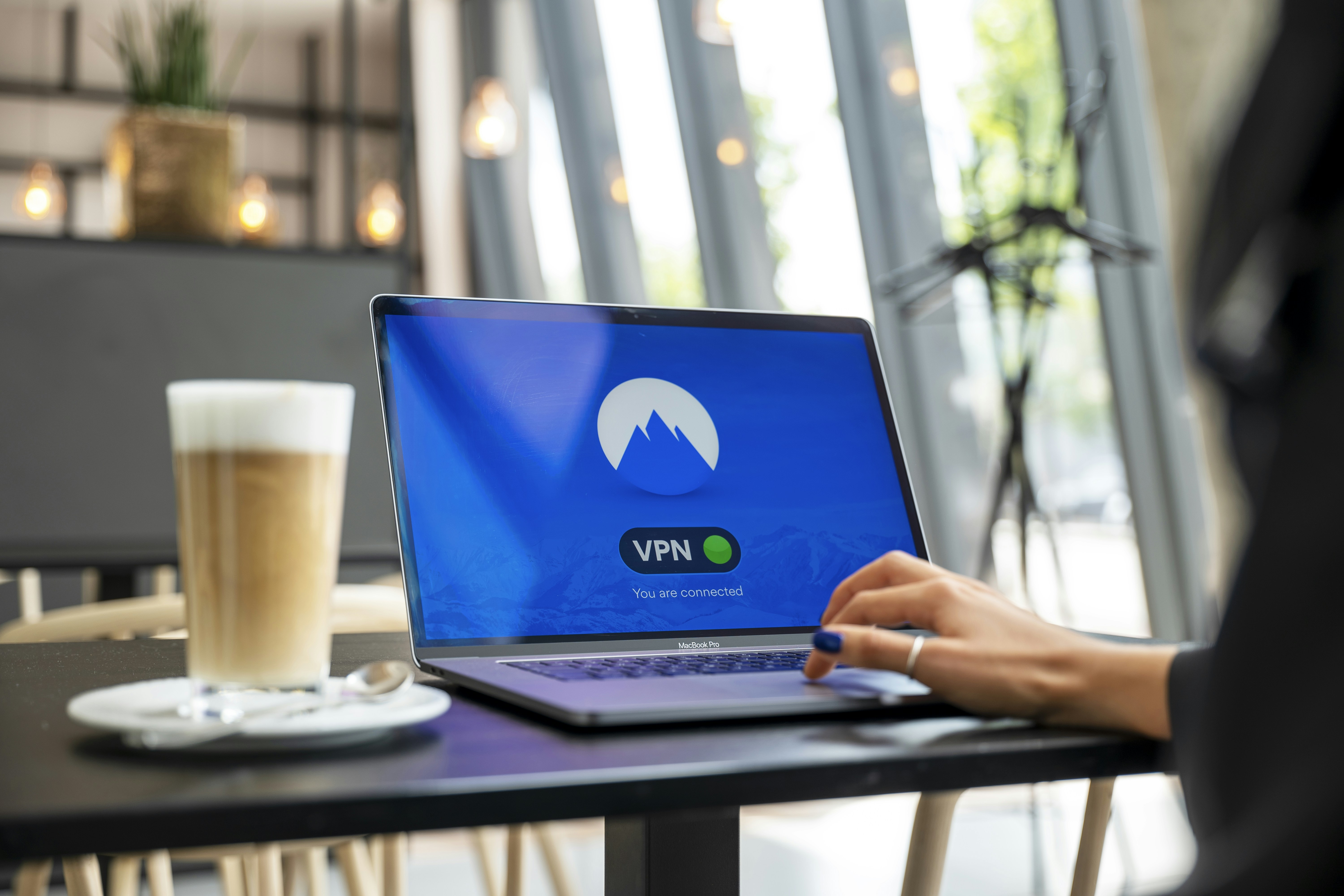
Introduction to IP addresses and their purpose
In the vast universe of the internet, IP addresses serve as essential identifiers for devices. They are like digital postcodes that ensure data packets find their way to the right destinations. Yet, amidst all this technical jargon lies a quirky and entertaining phenomenon: the IP address meme.
These memes have surged in popularity, weaving humor into what was once considered dry tech talk. Just imagine scrolling through your feed and stumbling upon a hilarious take on IPv4 versus IPv6 or an absurd depiction of public vs private IP addresses. They’re not just funny; they reflect our collective experiences navigating the ever-evolving landscape of technology while keeping us connected with one another.
As we dive deeper into this pixelated world, let’s explore how these lighthearted jests evolved from obscure tech snippets into cultural icons that resonate across social media platforms and forums alike. Whether you’re a tech aficionado or simply enjoy a good laugh, there’s something about IP address memes that captures our imagination—and keeps us coming back for more!
The rise of IP address memes in internet culture
The rise of IP address memes has transformed how we view technology in the digital age. What once seemed like dry technical jargon has morphed into a source of humor and creativity.
As people began to share their experiences with networking, these memes found a home on forums and social media platforms. They bridged the gap between tech-savvy individuals and those less familiar with internet infrastructure.
Engagement skyrocketed as users started crafting jokes about IPv4 exhaustion or poking fun at complicated routing protocols. This playful approach made complex subjects more accessible.
Memes have become devices for connection, allowing communities to bond over shared knowledge and inside jokes about IP addresses. The blend of humor and education keeps conversations lively while making learning enjoyable in the ever-evolving landscape of internet culture.
Types of IP address memes, including IPv4 vs IPv6 and private vs public IP addresses
IP address memes come in various flavors, each poking fun at different aspects of internet connectivity. One notable distinction is between IPv4 and IPv6 memes.
IPv4 jokes often highlight the limitations of this older protocol, emphasizing how we’ve run out of available IP addresses. Memes might depict a character frantically searching for an open slot, symbolizing the scarcity.
On the other hand, IPv6 memes embrace more modern triumphs. They celebrate the vastness of possible addresses with humorous comparisons to endless pizza toppings or infinite cat videos.
Private versus public IP address memes add another layer to the humor. Private IP jokes can poke fun at home networks and their quirks, while public IP humor often revolves around sharing connections in bizarre scenarios—like your neighbor borrowing Wi-Fi during a zombie apocalypse.
Each type taps into shared experiences among tech enthusiasts and casual users alike!
The humor behind IP address memes and why they resonate with audiences
IP address memes tap into a niche yet relatable aspect of internet life. They blend technical jargon with everyday experiences, creating humor that resonates with both tech enthusiasts and casual users.
The absurdity often lies in the contrast between mundane tasks and complex networking concepts. For instance, referencing the struggle of remembering an IP address adds a layer of comedy to something typically dry.
Moreover, these memes offer a clever way to poke fun at common tech frustrations. When someone shares their IPv4 woes or misidentifies public versus private addresses, it becomes instantly shareable content for those in-the-know.
This shared experience fosters community among users who bond over similar challenges. The jokes become inside references that strengthen connections within online circles while making light of digital dilemmas encountered by many daily.
The rise of IP address memes on social media platforms and forums
Social media has been a catalyst for the explosion of IP address memes. Platforms like Twitter, Reddit, and Instagram are ripe for sharing quick-witted content that resonates with tech-savvy users.
These memes often blend humor with computer jargon, making them accessible yet niche. They serve as an inside joke among IT professionals and enthusiasts alike.
Forums dedicated to networking or gaming also play host to these amusing creations. Users exchange laughs while subtly educating one another about complex concepts like IPv4 and IPv6.
The immediacy of social media allows trends to spread rapidly. One clever meme can go viral overnight, bringing new audiences into the fold.
This interplay between technology and humor fosters community engagement. It cultivates a culture where knowledge is shared in delightful ways that keep users coming back for more.
Different types of IP address memes and their meanings
IP address memes come in various styles, each reflecting a unique aspect of internet culture. One popular type is the humorous take on IPv4 versus IPv6. These memes often poke fun at the limitations of IPv4 addresses and highlight the transition to more complex IPv6 systems.
Another category focuses on public versus private IP addresses. These serve as comedic commentary on network security, often portraying public IPs as “the life of the party” while private ones are seen as introverted.
Then there are those that use exaggerated scenarios linked to IP tracking or geolocation services. They playfully exaggerate misconceptions about how much information can be gleaned from an address.
Each meme resonates with specific audiences, drawing laughs from tech-savvy individuals who appreciate these digital nuances while introducing newcomers to essential networking concepts in a lighthearted way.
Impact of IP address memes on internet culture and online communities
IP address memes have carved their niche within internet culture, serving as a bridge between tech-savvy individuals and the broader online community. These quirky snippets of humor democratize complex concepts, making them accessible to everyone.
They foster camaraderie among users who appreciate the nuances of network protocols. Shared laughs over IPv4 versus IPv6 or public and private addresses create an unspoken bond in forums and social media platforms.
Moreover, these memes often spark discussions about technology’s evolution. They encourage debates around cybersecurity, digital privacy, and even the future of connectivity.
The playful nature of IP address meme also allows for creativity. Users remix classic formats with personal flair while embedding layers of meaning that resonate deeply within niche communities. This interaction nurtures an environment where learning meets laughter—a potent combination driving engagement across various online spaces.
Controversies surrounding certain IP address memes
IP address memes have sparked various controversies in online communities. Some of these jokes inadvertently expose sensitive information, leading to privacy concerns. For many, humor lies in the absurdity of technical details. Yet, this can blur lines when personal data is involved.
Another point of contention arises from misunderstandings about what an IP address represents. Jokes that rely on misconceptions can misinform audiences rather than entertain them. This creates a divide between tech-savvy individuals and casual internet users.
Additionally, certain memes may unintentionally perpetuate stereotypes or promote misinformation about network security and cyber threats. The balance between humor and responsibility often becomes a tightrope walk for creators.
As these trends evolve, discussions around ethics emerge within meme culture itself. Users navigate their relationships with technology while trying to maintain a sense of levity amidst serious issues like cybersecurity risks.
Evolution of IP address memes over the years
IP address memes have transformed significantly since their inception. Initially, they served as simple jokes for tech enthusiasts. These early iterations often featured humorous takes on IPv4 addresses, poking fun at the impending exhaustion of available IPs.
As the internet grew, so did creativity around this concept. Memes began to incorporate both IPv4 and IPv6 elements. This shift highlighted the quirky differences between these two versions, drawing in a wider audience who may not have understood the technical nuances but enjoyed the humor.
Social media platforms like Twitter and Reddit became hotbeds for sharing these memes. The community’s embrace fueled further innovation in meme formats—combining graphics with witty captions that appealed to both nerds and casual users alike.
Today’s memes are more than just jokes; they reflect ongoing debates about privacy, security, and connectivity in our digital lives. They resonate deeply within various online communities while evolving alongside technology itself.
Future outlook on the evolution of IP
As technology advances, the landscape of IP addresses is poised for further transformation. The shift to IPv6 remains a hot topic. With its vast address space, it promises solutions to the limitations of IPv4.
Expect more creative expressions in meme culture as these technical changes unfold. Future generations may find humor in concepts that seem complex today. An understanding of networking will evolve alongside internet users.
Moreover, the rise of IoT devices creates new opportunities for meme creators. As everyday items connect online through unique IPs, fresh comedic angles are sure to emerge.
Social media platforms will continue to be fertile ground for this trend. Meme formats could diversify as audiences seek relatable content around tech’s impact on their lives.
In essence, while today’s IP address meme capture specific moments and feelings, tomorrow’s might reflect an even deeper connection with our digital world.
Conclusion: The future of IP address memes in internet culture
The landscape of internet culture continues to evolve, and so do the memes that accompany it. IP address meme are no exception. As digital communication grows more complex with advancements like IoT (the Internet of Things) and the widespread adoption of IPv6, new opportunities for humor arise.
As these technologies develop, we can expect fresh interpretations and iterations of IP address meme. The playful banter surrounding public versus private addresses or the never-ending debate on whether we should cling to IPv4 will likely continue to spark creativity within meme-making communities.
Social media platforms will play a crucial role in this evolution. With algorithms favoring engaging content, unique twists on classic IP memes could gain traction quickly. This dynamic environment ensures that even niche topics such as networking concepts remain relevant and entertaining.
The future holds immense potential for more intricate jokes that delve deeper into network protocols or cybersecurity themes. As audiences become savvier about technology, their appreciation for nuanced humor may grow alongside it.
IP address meme have secured a place in our online interactions—and they’re here to stay while continuing to adapt with each technological shift on the horizon.
RELATED POSTS
View all

